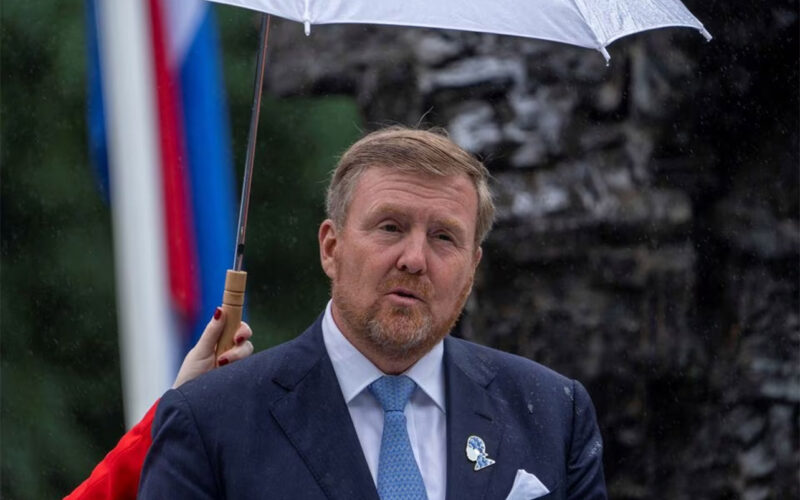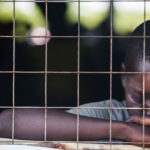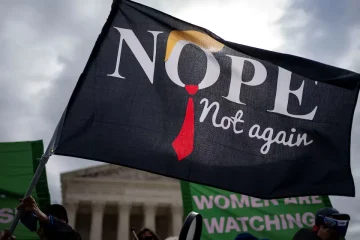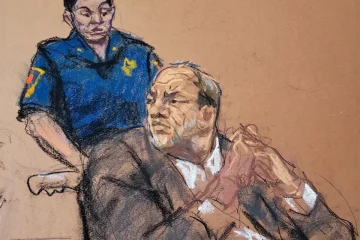[tta_listen_btn listen_text=”Audio” pause_text=”Pause” resume_text=”Resume” replay_text=”Replay”]
DUTCH King Willem-Alexander apologised for the Netherlands’ historic involvement in slavery and the effects that it still has today.
The king was speaking at a ceremony marking the 160th anniversary of the legal abolition of slavery in the Netherlands, including its former colonies in the Caribbean.
“On this day that we remember the Dutch history of slavery, I ask forgiveness for this crime against humanity,” he said. He said racism in Dutch society remains a problem and not everyone would support his apology.
However “the times have changed and Keti Koti … the chains have truly been broken,” he said to cheers and applause of thousands of onlookers at the national slavery monument in Amsterdam’s Oosterpark.
“Keti Koti” are Surinamese words that mean ‘the chain is broken’ and it is the title given to July 1 as a day of remembrance of slavery and celebration of freedom.
The apology comes amid a wider reconsideration of the Netherlands’ colonial past, including involvement in both the Atlantic slave trade and slavery in its former Asian colonies.
Willem-Alexander apologised in Indonesia in 2020 for “excessive violence” during Dutch colonial rule.
In December Prime Minister Mark Rutte acknowledged the Dutch State bears a responsibility in the Atlantic slave trade and profited from it, and apologised.
Rutte has said the government will not pay reparations, as an advisory panel recommended in 2021.
A government-commissioned study published last month found that the House of Orange profited by around $600 million in modern terms from Dutch colonies in 1675-1770, much of it given as a gift from the Dutch East India Company’s spice trade profits.
The Royal House in December commissioned an independent investigation into the Royal Family’s role in colonial history, with results expected in 2025.













